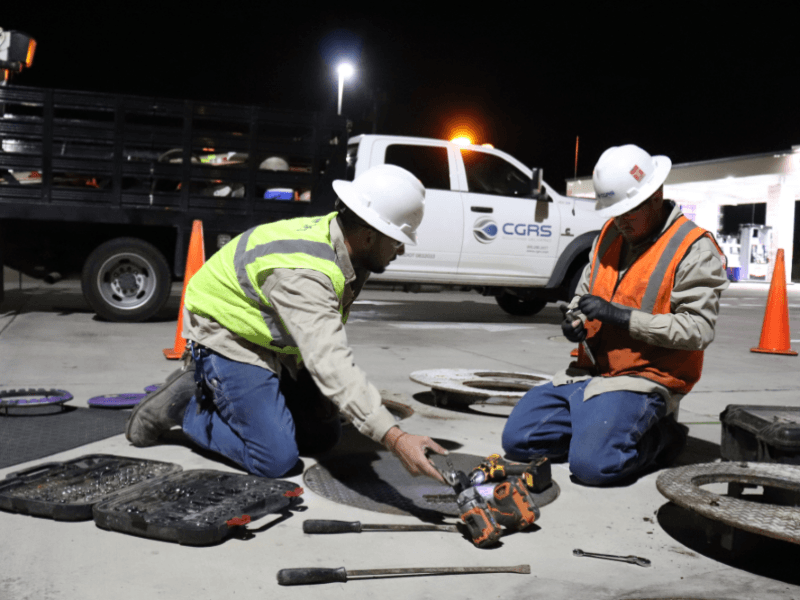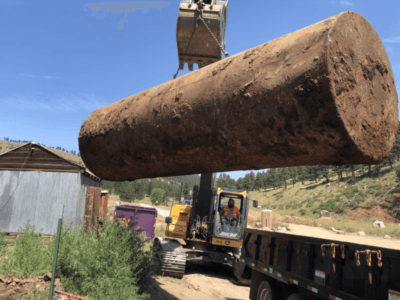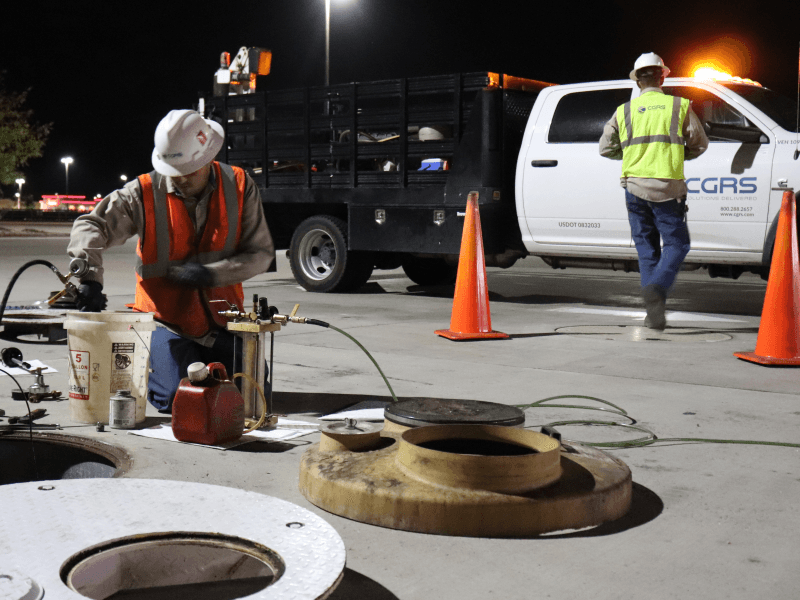OPS Petroleum Tank Regulations
Reimbursement for removing petroleum tanks and certifying qualified service technicians are among the top changes the Colorado Division of Oil and Public Safety (OPS) is proposing to its Petroleum Tank Regulations.
The third and final public hearing for the proposed changes is set for 9 a.m. Tuesday, Jan. 22, at 633 17th St., Suite 500, in Denver. Depending on the public’s response and barring any major issues, OPS officials say the state could tentatively adopt and the changes go into effect May 1. This is the last chance for stakeholders who did not attend one of the first two public hearings, or who have had other questions or concerns come up, to voice their opinions and ask questions.
Tank-removal reimbursement
For underground storage tank (UST) owners/operators who have wanted to exit the business but haven’t had the funds to pull their tanks, the potential for receiving a reimbursement for those costs is welcome news.
OPS is proposing that, “For tanks with a volume of 2,000 gallons or less, approved applicants shall be eligible for up to $2,000 in reimbursement of direct costs associated with each petroleum UST removed. Larger tanks will be eligible for reimbursement of $1 per gallon of removed tank volume up to a maximum per tank of $10,000 per facility tank.”
If approved, this change means the time has come to have CGRS’s Construction Services pull those tanks.
Qualified Service Technicians
OPS is introducing a new program for qualifying UST/AST compliance technicians for certain tasks in its proposed changes. If implemented, the program assures owners/operators that, if the OPS has accredited the technicians working on their tanks, they are qualified and knowledgeable to do the work, including:
- Installation, repair, replacement, maintenance and calibration of all UST leak detection monitoring equipment
- Repair or maintenance work on operating UST systems, including replacement of components such as spill buckets, overfill prevention devices, and ancillary piping components
- Annual monitoring system functionality testing and certification
- Secondary containment testing including initial testing of newly installed secondary containment systems
Owners/operators should also be aware that, if approved, this change will likely result in the update of OPS’s Repair Modification Form, as well.
Other proposed changes
While many of the proposed changes to the Petroleum Storage Tank Regulations are grammatical and clarifying edits, here are some of the minor changes of which tank owners/operators should be aware:
- An OPS oil inspector must witness the pressurized testing of primary and secondary product pipe and hydrostatic testing of all sumps and spill containment and inspect the UST system before the facility opens. Owners/operators are to provide OPS with three working days’ notice prior to the intended date of inspection.
- The OPS is preparing for the future in proposing regulations for on-demand mobile fueling services that are likely coming to Colorado.
- Aboveground storage tanks (ASTs) will be required to follow the Petroleum Storage Tank Delivery Prohibition regulations as USTs have.
- Deliveries into all USTs shall be made through a drop tube that extends to within 6 inches of the tank bottom.
- Owners/operators of UST systems must provide release detection and the measurement of water in the bottom of the tank, to the nearest one-eighth of an inch, at least every 30 calendar days or as otherwise specified within regulations. Measurable water within any tank shall not exceed one-fourth of an inch.
- All under-dispenser and tank top sumps that contain product piping must be visually inspected monthly for regulated substance leakage unless they are being electronically monitored by liquid sensors capable of detecting a release.
- The owner or operator shall make available the annual operational compliance inspection report and all attachments for the previous 12 months to OPS, which would mean the report should be on-site and accessible at all times.
To review all of the proposed changes, visit https://www.colorado.gov/pacific/sites/default/files/atoms/files/PetroleumRegulationsRedline2019.pdf.





